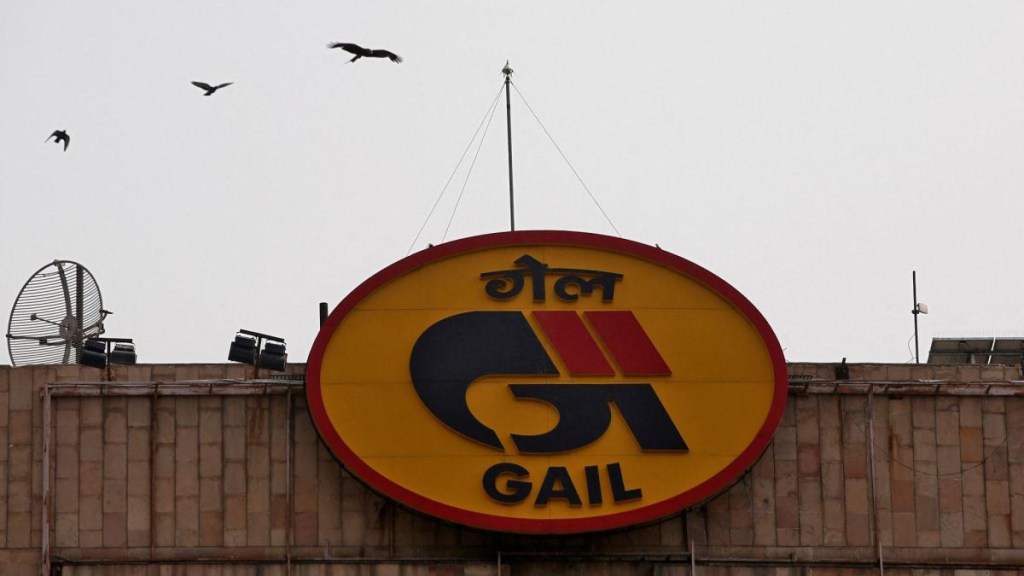The share price of GAIL (India), earlier known as Gas Authority of India, came under sharp selling pressure today as the stock fell more than 6% in early trade. The sudden drop came right after the Petroleum and Natural Gas Regulatory Board (PNGRB) issued its long-awaited order on gas pipeline tariffs.
Tariff hike approved, but not what GAIL expected
According to the PNGRB order released late on Thursday, the new tariff for natural gas transportation has been set at Rs 65.69 per Million Metric British Thermal Unit (MMBtu). This is a jump from the earlier rate of Rs 58.60 per MMBtu, but still significantly lower than the Rs 78 per MMBtu that GAIL had proposed to the regulator.
The new tariff will come into effect from January 1, 2026, instead of the company’s request for implementation from January 1, 2025. This delay and the lower-than-expected tariff together contributed to negative market sentiment around the stock.
Why this tariff mattered so much to GAIL
The tariff revision has been a much-anticipated event for GAIL because its pipeline network carries close to 90% of the country’s natural gas volumes. The company has repeatedly said that its operating and maintenance costs have risen sharply over the years, and a tariff increase was essential to support earnings.
Tariff revision lower than filing
As per the regulatory order, the new tariff implies only a 12% increase from current levels.
The order also mentioned that adjustments linked to actual and future capital expenditure, operating expenses, revenue sharing and transmission loss will be reviewed only in the next tariff cycle. This next review has been scheduled for financial year 2028, with changes applicable from April 1, 2028.
GAIL share price slides 6%
GAIL shares slipped more than 6% in early trades, dropping to Rs 172.22 on the National Stock Exchange (NSE).
In the last five days, the company’s share price fell 5%, and over the past six months, it delivered a negative return of 11%. On a yearly basis, the share price has tumbled 12%. So far in 2025, the company’s stock has delivered a negative return of 10%.

